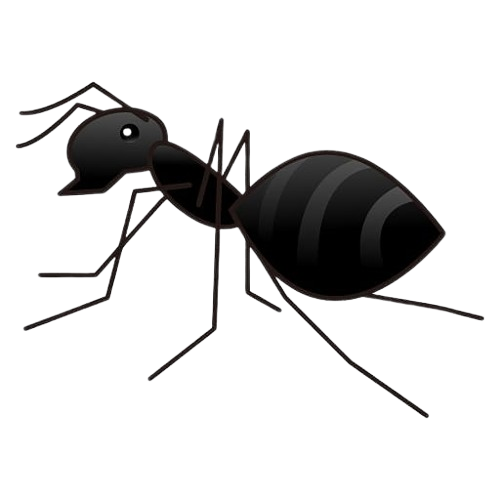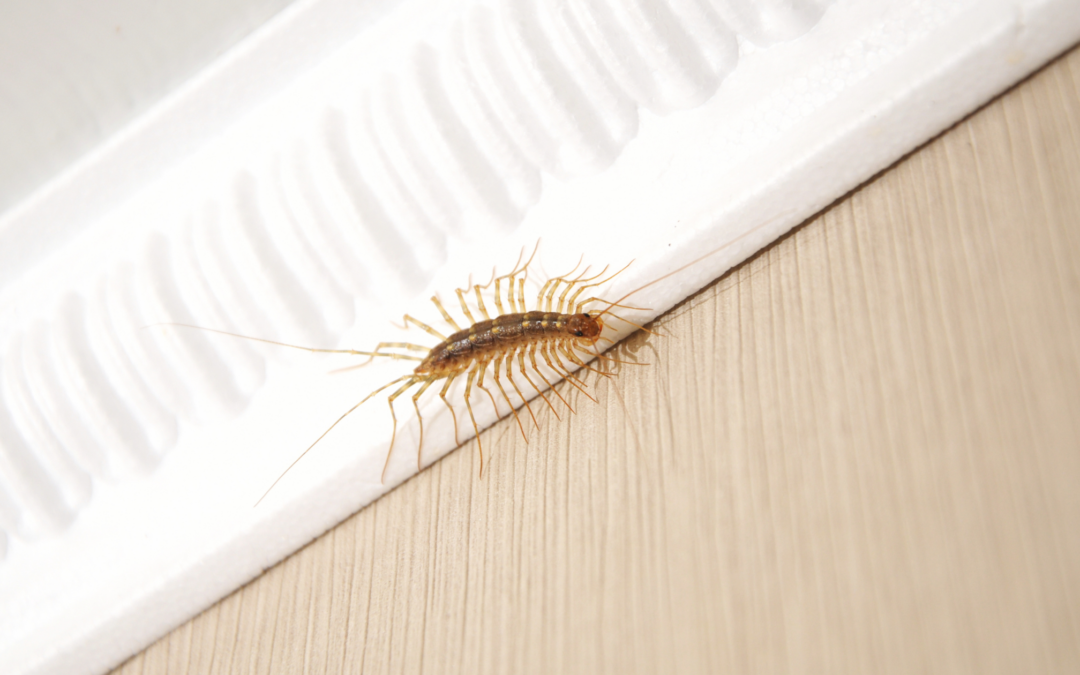
Feb 9, 2024 | Pest Control
Centipedes: those creepy crawlers that send shivers down our spines when we encounter them scurrying across the floor. But beyond their unsettling appearance, many homeowners wonder: can centipedes bite or sting? Let’s dive into the facts and debunk the myths surrounding these household pests.
Identifying Centipedes
Centipedes are elongated arthropods with multiple pairs of legs, ranging from 15 to 177 pairs depending on the species. They typically have a flattened body and are light brown to dark brown or even reddish in color. One distinguishing feature is their long antennae and the pair of venomous claws located behind their head, known as forcipules.
Signs of Centipedes in Your Home
Spotting a centipede indoors is often the first sign of an infestation. They tend to hide in dark, damp areas such as basements, bathrooms, and crawl spaces during the day and come out at night to hunt for prey.
Hazards to Humans and Property
While centipedes may look intimidating, they are generally not aggressive towards humans. However, if threatened or mishandled, they can deliver a painful bite using their venomous claws. While the venom is not typically dangerous to humans, it can cause localized pain and swelling.
Centipedes can be beneficial to your property by preying on other household pests such as cockroaches, spiders, and silverfish. However, their presence in large numbers can indicate an underlying pest problem that needs to be addressed.
Keeping Centipedes Out of Your Home
Prevention is key when it comes to controlling centipedes in your home. Here are some tips to keep them at bay:
- Seal Entry Points: Inspect your home for cracks, gaps, and holes in walls, floors, and foundations, and seal them to prevent centipedes from entering.
- Reduce Moisture: Centipedes thrive in damp environments, so reducing moisture levels in your home by fixing leaks, using a dehumidifier, and ensuring proper ventilation can help deter them.
- Declutter and Clean: Remove clutter from your home and regularly clean and vacuum to eliminate hiding spots and potential prey for centipedes.
- Outdoor Maintenance: Keep outdoor areas free of debris, leaf piles, and mulch, as these can attract centipedes and provide harborage areas near your home.
Don’t let centipedes and other household pests invade your space. Take proactive steps to protect your home and family by partnering with a trusted pest control company. Contact a pest control company near you today for a free pest control quote and let our experienced technicians help you reclaim your home from unwanted intruders.
While centipedes can bite if provoked, they are generally not a significant threat to humans. However, their presence can indicate underlying pest issues that need to be addressed. By following preventive measures and seeking professional pest control assistance when needed, you can effectively manage centipedes and enjoy a pest-free home environment.
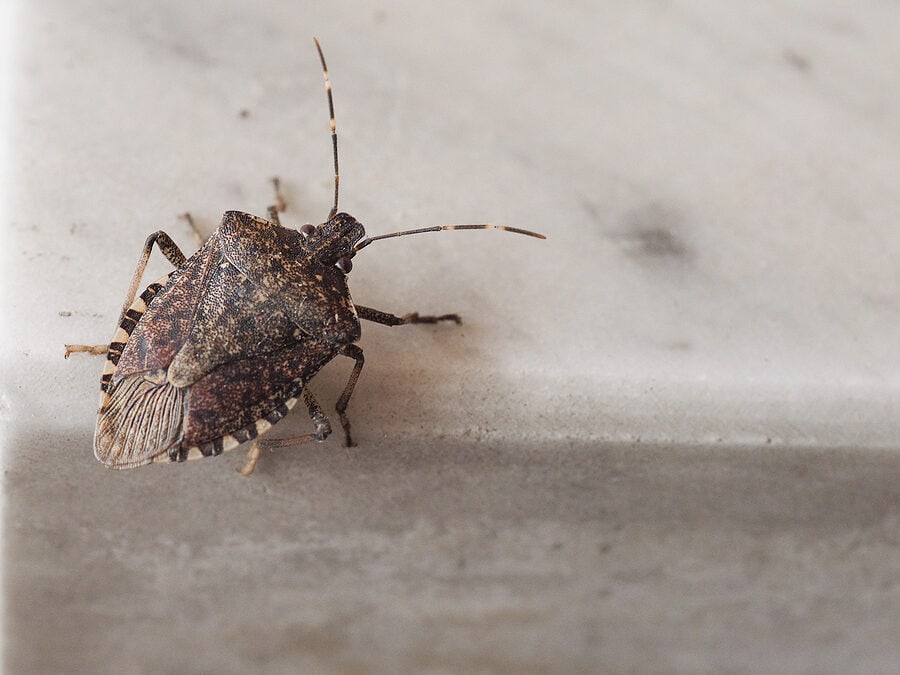
Jan 26, 2024 | Pest Control
As the temperatures drop in Georgia and winter sets in, many pests seek refuge within the warmth of our homes. These unwelcome visitors, known as overwintering pests, can pose serious hazards to both our homes and our health. In this blog post, we will explore common overwintering pests, how they find their way into our homes, the risks they present, when they emerge, and most importantly, how to prevent their invasion. If you find yourself facing a pest problem, don’t hesitate to take action – request a free pest control quote today.
Common Overwintering Pests
- Stink Bugs: These shield-shaped insects often gather on the sunny sides of buildings during the fall and make their way indoors seeking shelter.
- Ladybugs: While harmless to humans, large clusters of ladybugs can become a nuisance when they enter homes seeking warmth.
- Cluster Flies: These flies typically infest attics and wall voids during the winter months.
- Boxelder Bugs: Recognizable by their red and black coloration, these bugs can become a significant issue when they invade homes for shelter.
How They Get Into Your Home
Overwintering pests use various entry points to infiltrate your home. Common entryways include gaps around windows and doors, cracks in the foundation, and openings around utility pipes. Once inside, they seek out warm and secluded areas to hibernate during the colder months.
Hazards to Humans and Homes
While overwintering pests are generally not harmful to humans, they can become a nuisance in large numbers. Some pests may release unpleasant odors or stains when disturbed, while others, like stink bugs, emit a foul-smelling liquid as a defense mechanism. Additionally, the presence of these pests can lead to contamination of stored food items.
When and What Happens When They Emerge
Overwintering pests typically emerge in the spring as temperatures rise. The emergence can be sudden and overwhelming, leading to a surge in pest activity. This is the time when homeowners often notice an increased presence of these pests in and around their homes.
Prevention Tips
- Seal Entry Points: Conduct a thorough inspection of your home and seal any gaps or cracks that pests can use to enter.
- Install Screens: Use screens on windows and doors to prevent pests from gaining access.
- Maintain Landscaping: Trim vegetation away from your home to eliminate potential bridges for pests to enter.
- Professional Pest Control: Consider hiring a reputable pest control company to perform routine inspections and treatments to keep overwintering pests at bay.
If you’re concerned about overwintering pests invading your home, take action now. Request a free pest control quote from your local pest control company and ensure a pest-free environment for you and your family.
Understanding the behavior of overwintering pests and implementing preventive measures is key to safeguarding your home. By following these tips and being proactive, you can enjoy a pest-free living space even during the colder months. Don’t let winter pests take over – request your free pest control quote today.
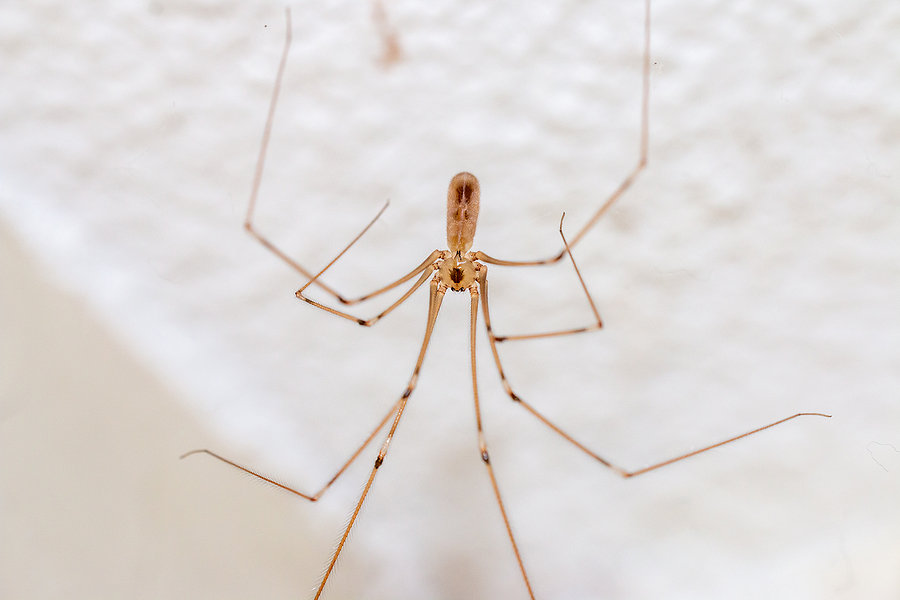
Jan 5, 2024 | Pest Control
Georgia is no stranger to household pests. One common visitor that many Georgians encounter is the daddy long legs, a unique arachnid that often finds its way into homes. In this blog post, we’ll explore what attracts daddy long legs, how to identify them, reasons for a daddy long legs infestation, whether they pose a threat to humans, and effective ways to prevent and eliminate them. If you’re dealing with a daddy long legs infestation, read on for valuable insights and practical solutions.
Identifying Daddy Long Legs
Daddy long legs, scientifically known as Opiliones, are not true spiders but belong to the arachnid family. They are characterized by their long, thin legs and small, oval-shaped bodies. Unlike spiders, daddy long legs have a fused body structure and lack venom glands. Their appearance can sometimes be confused with cellar spiders, but the absence of a segmented body distinguishes them.
Why Daddy Long Legs Invade Homes
Understanding the reasons behind daddy long legs entering homes is crucial for effective control. These arachnids are attracted to damp and dark environments, making basements, crawl spaces, and garages ideal habitats. Additionally, they are opportunistic feeders, preying on small insects and other arthropods found in and around homes. The presence of abundant prey can draw daddy long legs indoors.
Are Daddy Long Legs Dangerous to Humans?
The good news is that daddy long legs are not harmful to humans. Contrary to popular myths, they do not possess venomous fangs and are not capable of biting. In fact, these arachnids play a beneficial role by feeding on other pests, helping to control insect populations around your home. While their presence may be unsettling to some, daddy long legs pose no direct threat to your health.
Preventing and Eliminating Daddy Long Legs
To keep daddy long legs at bay, consider implementing the following preventive measures:
- Seal Entry Points: Conduct a thorough inspection of your home and seal any cracks or gaps in doors, windows, and foundations.
- Reduce Moisture: Daddy long legs thrive in damp environments, so address any water leaks or humidity issues in basements and crawl spaces.
- Declutter: Keep your living spaces clutter-free to minimize hiding spots for these arachnids.
- Outdoor Maintenance: Trim vegetation around your home, keeping it away from the exterior walls to reduce the likelihood of daddy long legs entering.
- Professional Pest Control: Enlist the services of a reputable pest control company to conduct regular inspections and treatments, ensuring effective daddy long legs and spider control.
If you’re dealing with a daddy long legs invasion or any other pest issues in Georgia, don’t hesitate to reach out to our expert team. Request a free pest control quote today and let us help you create a pest-free environment in your home. Protect your family and property with our reliable pest control services.
Remember, a proactive approach to pest control is key to maintaining a comfortable and pest-free living space. Contact us now and take the first step toward a pest-free home!
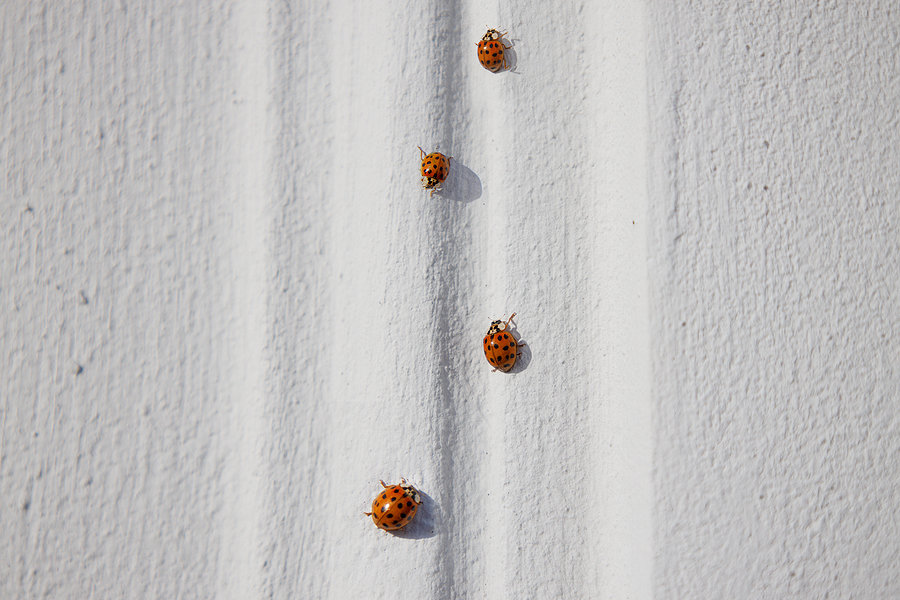
Dec 29, 2023 | Pest Control
Ladybugs, with their vibrant colors and delicate appearance, are often seen as harmless garden visitors. However, when these charming insects decide to make your home their own, they can quickly turn from garden allies to household pests. In Georgia, ladybug infestations are not uncommon, and understanding how to identify, prevent, and eliminate these invaders is crucial for maintaining a pest-free home.
Understanding Ladybugs:
Ladybugs, scientifically known as Coccinellidae, are beneficial insects in gardens, feeding on aphids and other harmful pests. However, some species of ladybugs, such as the Asian Lady Beetle, can become unwelcome guests when they invade your living space in large numbers.
Identification:
Ladybugs are typically small, round beetles with bright red or orange shells adorned with black spots. The Asian Lady Beetle, often mistaken for native ladybugs, can vary in color from yellow to orange and may have no spots or multiple spots. Proper identification is essential for effective pest control.
How Ladybugs Invade Your Home:
Ladybugs seek shelter indoors during colder months, making your cozy home an attractive refuge. They enter through gaps, cracks, and openings around windows, doors, and other entry points. Once inside, they can congregate in large numbers, creating a nuisance for homeowners.
Prevention Tips:
- Seal Entry Points: Inspect your home for any gaps, cracks, or openings and seal them to prevent ladybugs from entering.
- Install Screens: Ensure that windows and doors have tight-fitting screens to keep ladybugs out while allowing fresh air to circulate.
- Clean Outdoor Spaces: Ladybugs are attracted to aphids, so regularly clean your garden and remove aphid-infested plants to deter these pests.
Elimination Strategies:
- Gentle Removal: If you spot ladybugs indoors, use a vacuum cleaner to gently remove them. Empty the vacuum bag or canister promptly.
- Natural Repellents: Use natural repellents like citrus-scented cleaners or cloves to deter ladybugs from certain areas.
- Professional Pest Control: For persistent infestations, consult a professional pest control company in Georgia. Experts can assess the situation and provide tailored solutions to eliminate ladybugs from your home.
If you find yourself facing a ladybug invasion or any other household pest issue, don’t hesitate to reach out to our expert pest control team. We offer free quotes and personalized solutions to keep your home pest-free.
Ladybug infestations may seem harmless at first, but they can quickly become a nuisance if left unaddressed. By understanding their behavior, implementing preventive measures, and seeking professional help when needed, you can ensure a ladybug-free home in Georgia. Take the first step towards a pest-free living space by requesting a free pest control quote today.
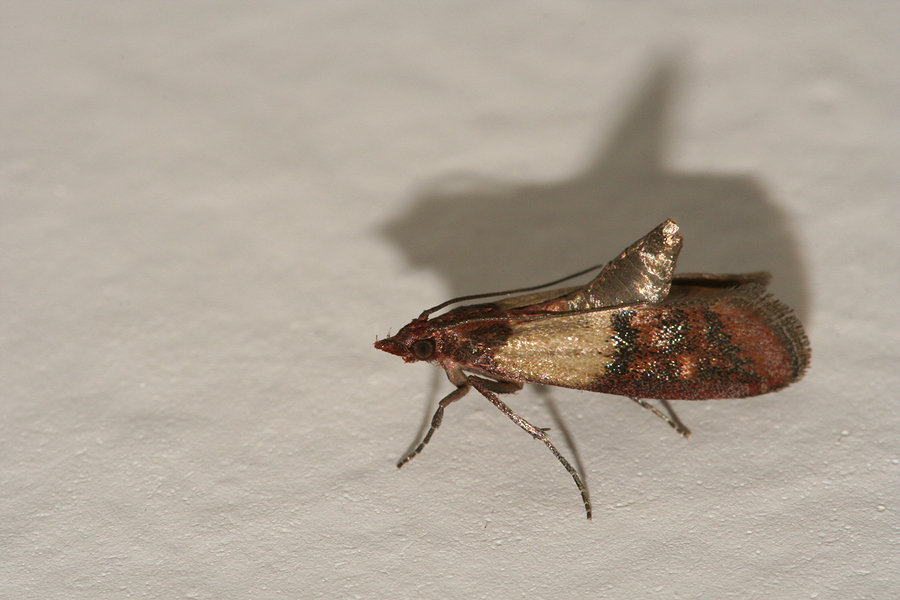
Dec 22, 2023 | Pest Control
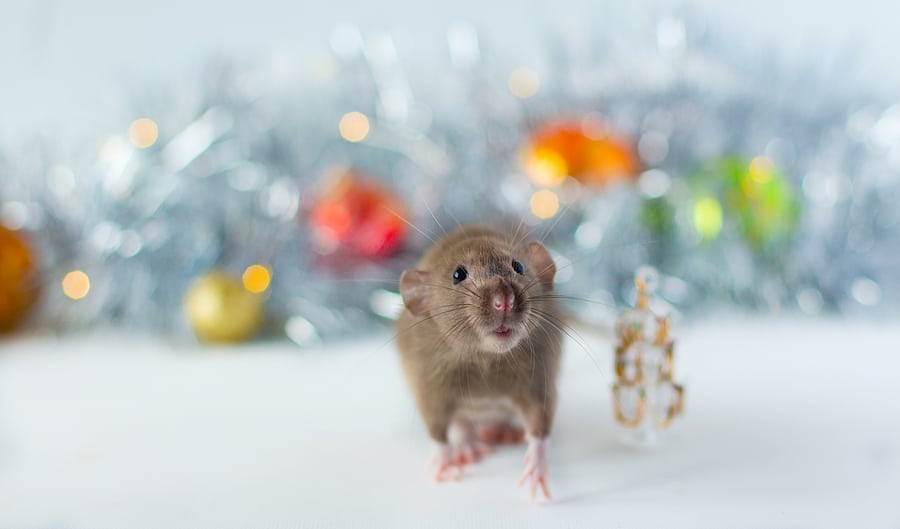
Dec 15, 2023 | Pest Control
The holiday season in Georgia brings joy, warmth, and festive cheer. However, it also marks the arrival of unwanted guests – holiday pests that can disrupt your celebrations. As temperatures drop, pests seek refuge indoors, making pest-proofing your home a crucial step in ensuring a pest-free holiday season. In this guide, we’ll explore common winter and holiday pests, along with effective tips for holiday pest proofing and elimination.
Common Holiday Pests in Georgia
- Rodents: Mice and rats are notorious for seeking shelter in warm, cozy homes during colder months. They can squeeze through tiny openings and cause havoc in your pantry.
- Cockroaches: Cockroaches are resilient and can survive harsh conditions. They are attracted to warmth and food, making your home an ideal destination during the holidays.
- Spiders: While most spiders are harmless, some can pose a threat. They often enter homes in search of prey and shelter.
- Ants: Even in winter, ants can be a nuisance. They may venture inside seeking water, warmth, or food sources.
Pest Prevention for a Joyful Holiday Season
- Seal Entry Points: Inspect your home for any cracks, gaps, or openings. Use weather stripping and sealant to close gaps around windows, doors, and foundations. Pay special attention to areas where pipes and wires enter your home.
- Proper Food Storage: Keep food items in airtight containers to deter rodents and insects. Clean up crumbs and spills promptly, and store garbage in tightly sealed bins.
- Outdoor Maintenance: Trim trees and shrubs away from your home to eliminate pest highways. Regularly clean gutters and remove debris to prevent pest harborage.
- Inspection and Monitoring: Regularly inspect attics, basements, and crawl spaces for signs of pests. Set up traps and monitor them to catch any intruders early. Inspect decorations and other holiday items before bringing them indoors.
- Professional Pest Control: Consider hiring a professional pest control service for a thorough inspection and treatment. Professionals can identify potential problem areas and implement effective pest prevention strategies.
Eliminating Holiday Pests with Expert Pest Control
If you find yourself facing an infestation despite your best efforts, it’s crucial to act promptly. Our expert pest control services are tailored to address the unique challenges posed by holiday pests. We utilize advanced techniques and environmentally friendly treatments to ensure a safe and pest-free home.
Don’t let holiday pests dampen your festive spirit. Take proactive steps for holiday pest proofing and enjoy the season without unwanted visitors. Contact your local pest control company today for a free pest control quote, and let our experienced team safeguard your home for a joyful and pest-free holiday season.
Wishing you a happy and pest-free holiday season!
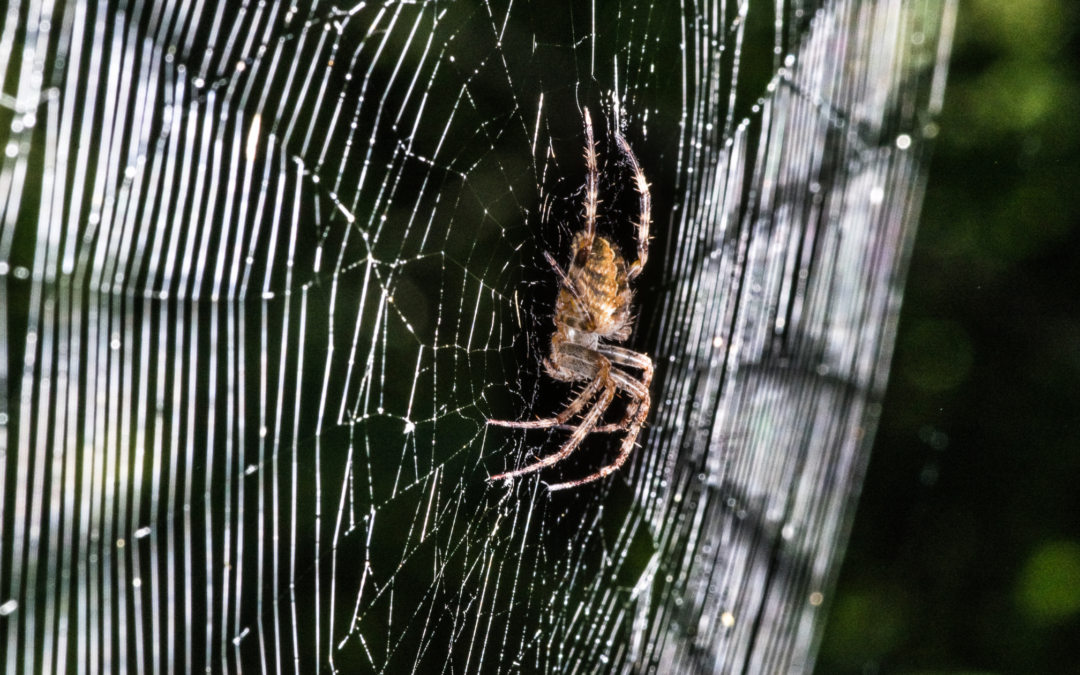
Nov 17, 2023 | Pest Control
Georgia is home to a variety of fascinating arachnids, including the intricate orb weaver spiders. While these eight-legged creatures play a crucial role in controlling insect populations, encountering them in and around your home can be a cause for concern. In this blog post, we’ll delve into the world of orb weavers, exploring how to identify them, where they commonly reside, and essential tips for prevention and control.
Identifying Orb Weaver Spiders: Nature’s Web Artists
Orb weavers, members of the Araneidae family, are renowned for their distinctive circular webs, meticulously crafted to capture unsuspecting prey. Recognizing these spiders is key to effective pest control. Key features include:
- Web Structure: Orb weavers construct spiral-shaped webs with a hub at the center, creating a classic orb shape.
- Coloration: These spiders come in a range of colors, including brown, black, and vibrant yellows and greens. Some species may have intricate patterns on their abdomens.
- Size: Orb weavers can vary in size, with some species having small bodies, while others can reach sizes of up to an inch or more.
Common Habitats of Orb Weavers in Georgia
Orb weavers are adaptable and can be found in a variety of habitats, both natural and man-made. In Georgia, you may encounter them in:
- Gardens and Yards: These spiders often take residence in gardens, where their webs can capture flying insects like mosquitoes and flies.
- Wooded Areas: Orb weavers thrive in wooded environments, using trees and shrubs to anchor their webs.
- Around Buildings: Structures with outdoor lighting can attract insects, providing a perfect hunting ground for orb weavers.
Prevention and Control Strategies
While orb weavers are generally beneficial, their presence near your home may cause discomfort. Here are some practical tips for prevention and control:
- Regular Cleaning: Keep outdoor spaces tidy by removing debris, such as leaves and tall grass, which can attract insects and subsequently orb weavers.
- Seal Entry Points: Ensure windows and doors are properly sealed to prevent spiders from entering your home.
- Outdoor Lighting: Use yellow-toned outdoor lights, which are less attractive to insects and, by extension, orb weavers.
- Professional Pest Control: If orb weavers become a persistent issue, consider seeking the expertise of a professional pest control service. Trained technicians can assess the situation and implement targeted solutions.
If you find yourself caught in the web of orb weaver spiders, don’t hesitate to take action. Our experienced pest control team is here to help. Request a free pest control quote today to safeguard your home from unwanted arachnid visitors. Let us weave a plan to keep your space pest-free and comfortable.
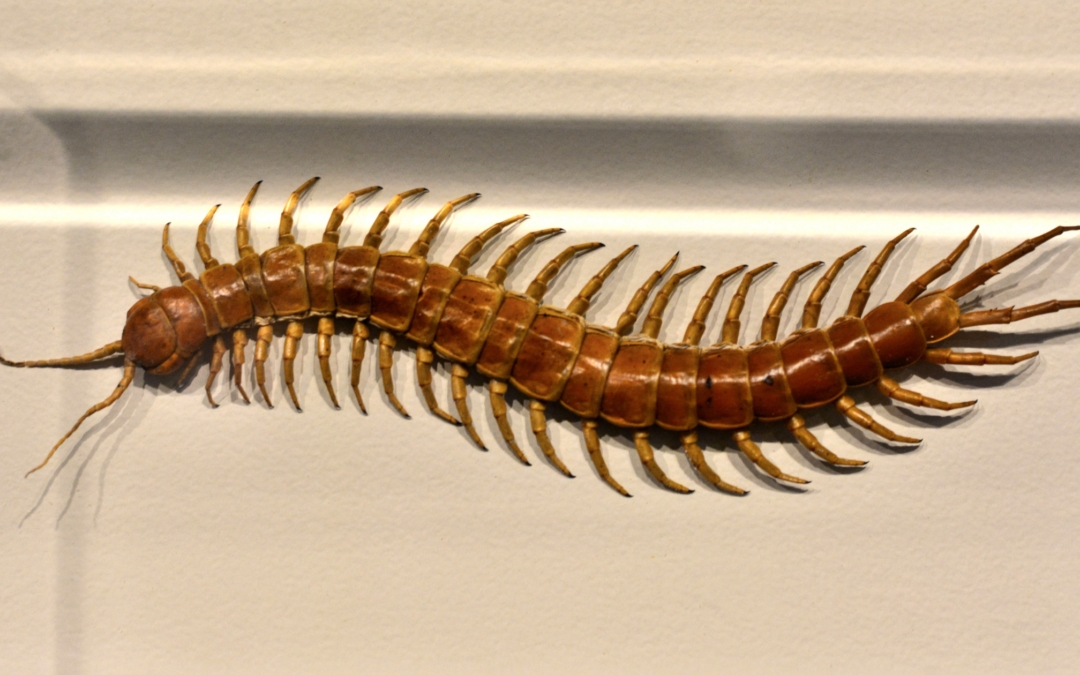
Nov 10, 2023 | Pest Control
Centipedes, with their numerous legs and speedy movements, are not exactly a welcome sight in any home. As common household pests, centipedes can be a nuisance, but understanding what attracts centipedes to your home is the first step towards effective pest control. In this blog post, we’ll delve into the basics of centipedes, how they find their way indoors, signs of infestation, and crucial tips for prevention and elimination.
Basic Information about Centipedes:
Centipedes are arthropods belonging to the class Chilopoda. Despite their name, centipedes do not have a hundred legs; the number varies depending on the species but typically ranges from 15 to 177 pairs. Known for their long, segmented bodies and swift movements, centipedes are carnivorous, preying on insects and spiders.
How Centipedes Invade Homes:
Centipedes are attracted to homes for several reasons. Understanding these factors can help you take proactive steps to keep them at bay.
- Moisture: Centipedes thrive in damp environments. Excess moisture in basements, crawl spaces, and bathrooms creates an ideal habitat for them.
- Food Source: Centipedes feed on other insects, so if your home has an existing insect problem, it might attract centipedes seeking a meal.
- Cracks and Crevices: Centipedes can easily find their way indoors through small cracks and openings in the foundation, walls, or around windows and doors.
Signs of Centipede Infestation:
Identifying a centipede infestation early is crucial for effective pest control. Look out for the following signs:
- Sightings: If you frequently spot centipedes in and around your home, it’s a clear indication of an infestation.
- Shed Exoskeletons: Centipedes shed their exoskeletons as they grow. Finding these shed skins in hidden corners or areas with moisture suggests an active centipede presence.
- Increased Insect Activity: Centipedes are predators, so an increase in other insect activity could attract them.
Tips for Prevention and Elimination:
- Reduce Moisture: Addressing moisture issues is key. Use dehumidifiers in damp areas, fix leaky pipes, and ensure proper ventilation.
- Seal Entry Points: Seal cracks and crevices in your home’s foundation, walls, and around doors and windows to prevent centipedes from entering.
- Remove Hiding Places: Declutter basements, attics, and storage areas to eliminate potential hiding spots for centipedes.
- Regular Cleaning: Regular cleaning helps eliminate the insects that centipedes feed on, reducing their attraction to your home.
- Professional Pest Control: If a centipede infestation persists, it’s wise to consult a professional pest control service. They have the expertise to assess the situation and provide effective solutions.
Don’t let centipedes take over your home. Take proactive steps and ensure a pest-free living environment. Our expert pest control team in Georgia is ready to assist you. Request a free pest control quote today and enjoy the peace of mind that comes with a centipede-free home.
Remember, early detection and preventive measures are crucial in keeping centipedes and other household pests at bay. With the right approach, you can enjoy a comfortable and pest-free living space in Georgia.

Oct 26, 2023 | Pest Control
With the holidays nearing, now is the perfect time to ensure you don’t have pantry pests in your Tennessee home. Pantry pests are insects that like to invade your stored food products, often laying their eggs to reproduce and causing a full blow infestation. Let’s go over common pantry pests you can find in your home and how you can further prevent them.
Common Pantry Pests in Tennessee
Indian Meal Moth
The Indian meal moth is known for feeding on several types of food found in our pantry, including dried fruits and vegetables, grains, seeds, nuts, candies, and pet food. You can identify these pests by their two-toned wing pattern with a tan to copper oval-shaped body. These pests are highly attracted to light and anywhere they can find food.
Merchant Grain Beetles
This pantry pest has a dark brown body, six legs, and six saw-like teeth on each side of their bodies. Their narrow oval body shape allows them to crawl inside of packaging to eat, live, and reproduce. They prefer to feed on cereals, cake mixes, macaroni, and cookies, even though their names suggest they like grain!
How to Prevent Pantry Pests:
- Invest in proper storage. Utilize food storage containers with airtight locking. The best types of foods to keep in these containers are cereals, pasta, cookies, grains, and seeds.
- Inspect your groceries. The most common way of getting pantry pests is from the store. Inspect the packaging of the items you buy and make sure there are no tears or openings.
- Keep a clean home. On a regular basis, clean out your old pantry items after their expiration date and clean up any leftover crumbs or spills after each meal.
If you suspect pantry pests have invaded your pantry, give your local Tennessee pest control company a call for a customized pest control plan and a free inspection!











